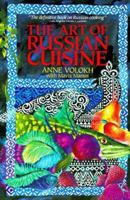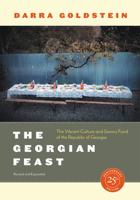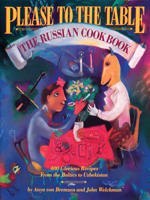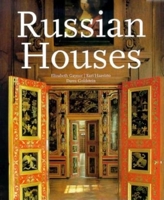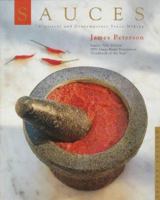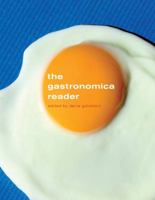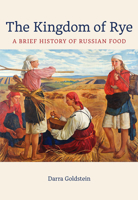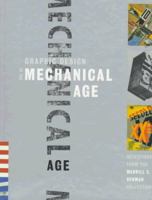A Taste of Russia: A Cookbook of Russian Hospitality
Select Format
Select Condition 
You Might Also Enjoy
Book Overview
Customer Reviews
Rated 4 starsGood cookbook
This is a great cookbook. A lot of time & work was put into it. However, some of my favorite Russian recipies are missing from this book. I would recommend "The Art of Russian Cuisine" for those of you who are interested in food that Russians cook daily or for holidays.
0Report
Rated 5 starsWell done!
Having spent a lot of time working in the former Soviet Union, and trying to reconstruct many of the wonderful and interesting dishes from various republics, I was delighted to find a book that "translated", "a pinch of this and a gram of that" into something I could understand and make with products available to me here in the US. I recommend this cookbook to anyone who has tried food from Eastern Europe, enjoyed it and wants...
2Report
Rated 5 starsA taste of culture too!
This is a great book on the food of Russia and the culture also. All to many times we seem to channel Russian cuisine into a few simple dishes. Granted the few simple dishes we view as "Russian" are grand and quite tasty, we tend to shove aside the rich culinary history this country has and the peoples grand capacity to share and truly enjoy food and life. Many times it has been written of the sharing and emphasis of...
0Report














